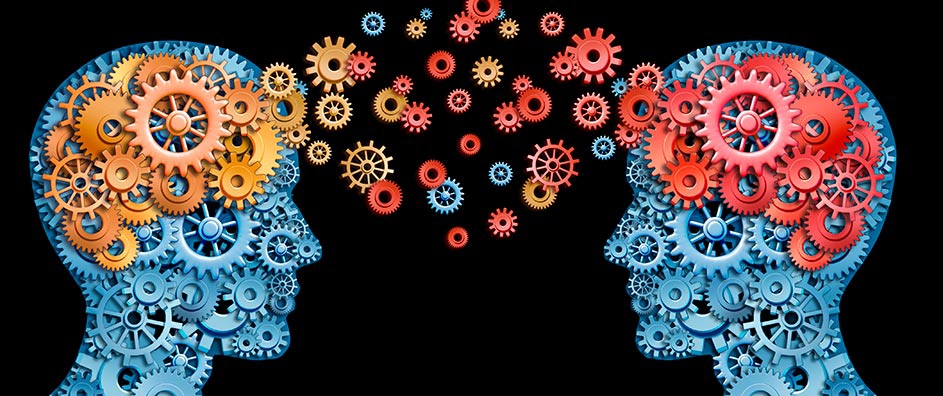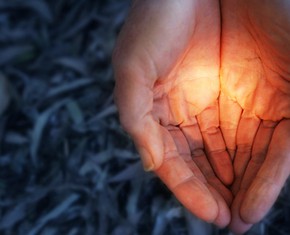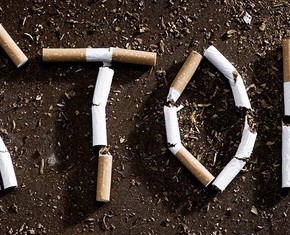The views expressed in our content reflect individual perspectives and do not represent the authoritative views of the Baha'i Faith.
If you saw the World Cup recently, you undoubtedly saw about a million Brazilian flags waving in the breeze. Brazil’s familiar green standard features a yellow diamond surrounding a blue Earth, and a banner with the nation’s motto: “Ordem e Progresso.”

That famous motto comes from a 19th-Century French philosopher named Auguste Comte, the founder of positivism and the science of sociology. Comte’s motto of positivism: L’amour pour principe et l’ordre pour base; le progrès pour but means “Love as a principle and order as the basis; Progress as the goal”.
The redoubtable Mr. Comte also invented altruism. Well, he didn’t really invent it—altruism has been around since Eve did the first good deed for Adam—but he did coin the term in the mid-1800’s. Perhaps that’s why scientists have only really examined the basis for human altruism for a relatively short period. Here’s what just one study found: in 2006, the National Institutes of Health and other researchers studied the human brain using functional magnetic resonance imaging. They learned that both pure monetary rewards and charitable donations activated the mesolimbic reward pathway, a primitive part of the brain that usually becomes active in response to food and sex.
But when the NIH study volunteers acted altruistically by only making charitable donations, another brain circuit activated: the subgenual cortex in the septal region. These higher-functioning portions of the brain control our human social attachment mechanisms and familial relationships. Their findings surprised the researchers—they learned that altruism, rather than simply a superior, unselfish moral trait in some people, actually forms an important part of every human brain’s hard-wired architecture.
In other words, we are fundamentally altruistic beings.
Several recent studies buttress the NIH findings. Even babies, researchers found, have natural altruistic instincts.
But what about the world’s terrible criminals, cruel dictators and bloodthirsty killers? Or just the garden-variety, mean, self-absorbed, hypocritical egotists? What happened to their altruism? The Baha’i teachings explain:
…this human reality stands between the higher and the lower in man, between the world of the animal and the world of divinity. When the animal proclivity in man becomes predominant, he sinks even lower than the brute. When the heavenly powers are triumphant in his nature, he becomes the noblest and most superior being in the world of creation. All the imperfections found in the animal are found in man. In him there is antagonism, hatred and selfish struggle for existence; in his nature lurk jealousy, revenge, ferocity, cunning, hypocrisy, greed, injustice and tyranny. So to speak, the reality of man is clad in the outer garment of the animal, the habiliments of the world of nature, the world of darkness, imperfections and unlimited baseness.
On the other hand, we find in him justice, sincerity, faithfulness, knowledge, wisdom, illumination, mercy and pity coupled with intellect, comprehension, the power to grasp the realities of things and the ability to penetrate the truths of existence. All these great perfections are to be found in man. Therefore we say that man is a reality which stands between light and darkness. From this standpoint of view, his nature is threefold, animal, human and divine. The animal nature is darkness; the heavenly is light in light. – Abdu’l-Baha, Foundations of World Unity, p. 110.
Baha’is believe that human beings all have the choice that free will grants us—to follow our higher or our lower instincts. If we deny our innate spiritual nature and follow the lower ones, as Abdu’l-Baha notes above, we can descend into a moral abyss. If we follow our higher ones, we can create a love-filled life that makes the best use of our hard-wired altruism, and we can light up the world.
That’s another thing I’ve learned from my friend Maggie—when she walks into a room, the people in it smile broadly. They light up. The energy for that light comes from love, both hers and theirs. She has figured out how to turn her altruistic energy into radiance.
Which leads us to the second of three powerful, life-changing arguments for aspiring to altruism: because we already, naturally, organically have it in us. It represents the best part of our human nature.
We all have the capacity for great love, enormous compassion and a radiant heart.
It probably won’t surprise you to learn that many people, and not just neuroscientists, would like to figure out how all this works. Philosophers and psychologists who endeavor to understand human behavior and morality have tried to quantify this kind of altruistic moral and spiritual development, and in the next essay in this series we’ll look at three of the best-known—Abraham Maslow, Jean Piaget and Lawrence Kohlberg. Their lifelong studies of moral development can help us all discover how altruism resides at the core of our beings.
You May Also Like
Comments

















I found the disparity in imaging results in the brains of the NIH study volunteers, as regards the contrast here between charitable donations and pure monetary rewards of interest in a particular way; I wonder how much more activated the subgenual cortex is when our donations are made discretely (of course I don't know the specific parameters of this study), save for the knowledge of our personal selves and God.
Best,
Paul.
Beautifully written article exemplifying the human condition.
Any Body Can Do Everything For Good or Any Body Can Destroy Everything For Greed. It's a choice we have to make everyday of our lives. Please see Any Body Can Derive Everything From Geometry @ http://www.abcdefg.co/everything.html.
Love,
Sridattadev.